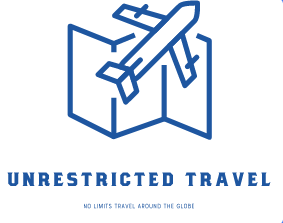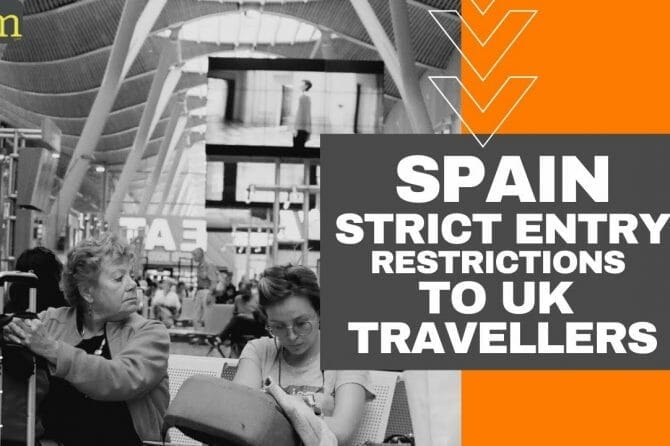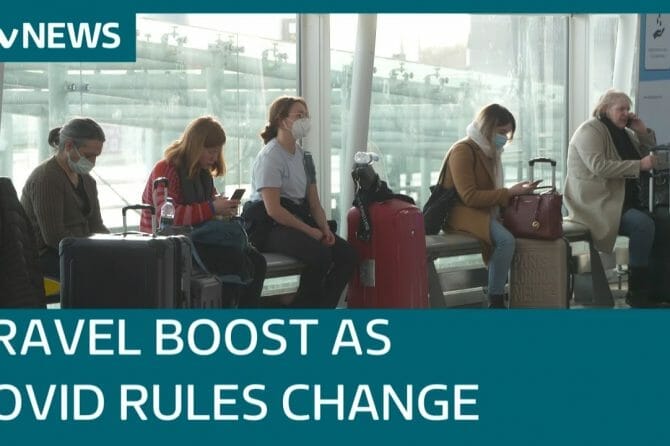
How to Claim Travel and Subsistence Expenses for HOS Travel
Travel and subsistence expenses are expenses incurred while traveling for business purposes. These expenses include meals, hotels, and other similar ad hoc expenses. The reimbursement process is complicated and can have tax implications. Many companies choose not to claim these expenses because they’re not necessary, but it’s still helpful to have a clear picture of what is deductible and what isn’t. Here’s a brief overview of these costs.
The policy limits on travel and subsistence expenses for HOS business vary. Generally, an organization will reimburse an employee for subsistence expenses based on an itemized list or a per day allowance. The per diem allowance is a fixed amount, and the organization will reimburse you for it only if you provide documentation proving that you were able to make the trip. This amount is based on the number of days you were on business, and will be prorated to match the length of your trip.
When claiming travel and subsistence expenses, the rate of reimbursement will be determined by the amount of money you spend for lodging and food. The amount of your per diem will depend on the length of your journey and the destination. Expenses for parking, tolls, and congestion charges are deductible. You must use the car or taxi you are allowed to use during the trip for business purposes, so make sure it’s a business vehicle that you actually use.
Claiming travel and subsistence expenses has become increasingly complicated due to the new rules for intermediary employers. This means that you have to use the Purchasing Card to pay for the expenses. International travel must be booked through the Key Travel Service. For other trips, you can use your University Purchasing Card to make the payment. If the conference you’re attending does not provide food, you can claim actual costs for your meals and accommodations, provided you provide receipts. However, you must meet certain thresholds.
The cost of travel and subsistence is largely dependent on the mode of transportation and the location of your work. In addition to meals and accommodation, other costs include tolls, parking, and congestion. These expenses must be part of your business journey, as defined by HMRC. In the UK, a business journey is any trip that is used for business purposes. The cost of the vehicle can range from the cost of the car itself to the costs of food and accommodation.
Usually, it is possible to claim the cost of food and accommodation for business purposes if the trip is for at least 5 hours. The traveler’s expenses will depend on the type of trip, but there are some exceptions. If the trip is short-term, the amount of meals and accommodation cannot exceed the amount of the yearly per diem. For instance, a person who spends only a single day on a job will not be able to claim an allowance for more than half of their travel.
In North Carolina, travel and subsistence expenses are split into two types: those that qualify for a reimbursement and those that aren’t. Both of these types of expenses are important for business purposes, and they are often tax-deductible. Whether you need to travel for work or for pleasure is ultimately up to you, but knowing the requirements of the policies is essential. In some cases, the reimbursement is tax-free for both parties.
The cost of subsistence expenses may be reimbursed through an itemized list or a per day allowance. The amount of this expense is important because it can impact the organization’s bottom line. Moreover, the traveler can be reimbursed for extra-costs, but the business must have a per diem allowance that covers all of the costs of traveling. It is also important to note that the capital allowance for a vehicle does not fall under the category of travel and’subsistence’.
In North Carolina, travel and subsistence expenses are tax-deductible when they’re directly related to a business. The organization may reimburse the costs of accommodation and food on a per-day basis. If the organization reimburses the entire cost of a trip, it will also cover the costs of parking and tolls. The rate for daily subsistence and accommodation expenses is the same for both, but it is possible that the two rates are different.





